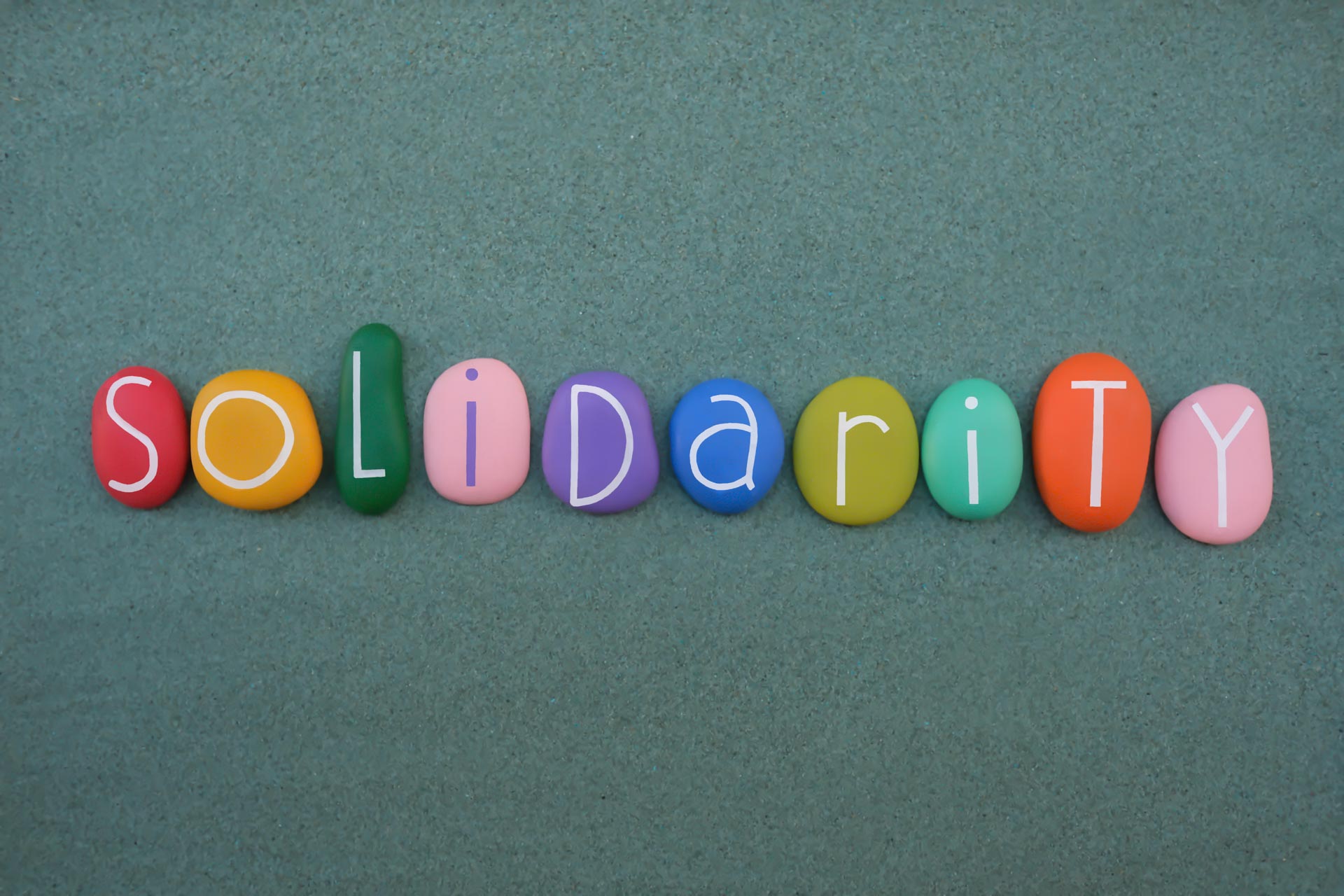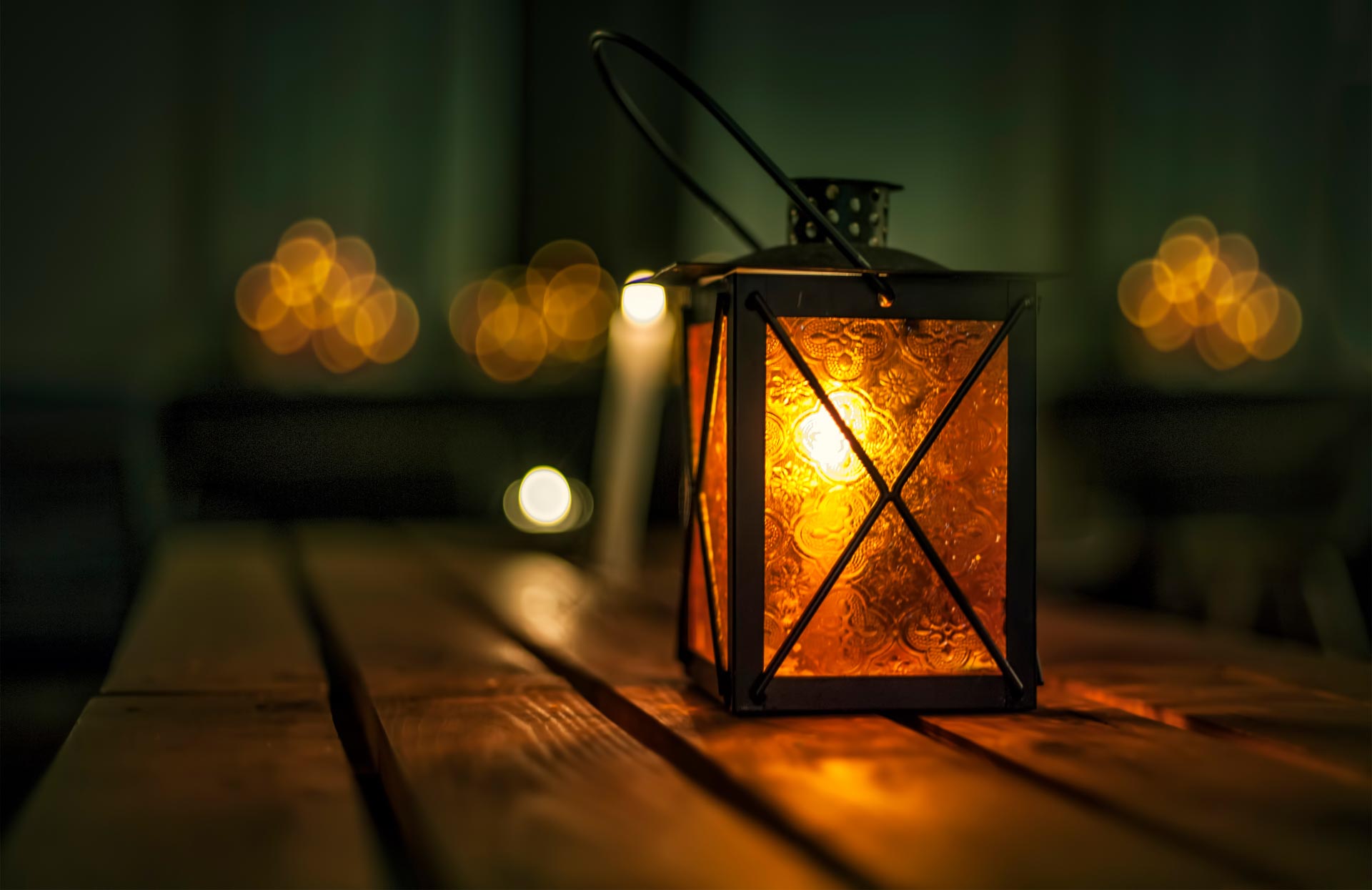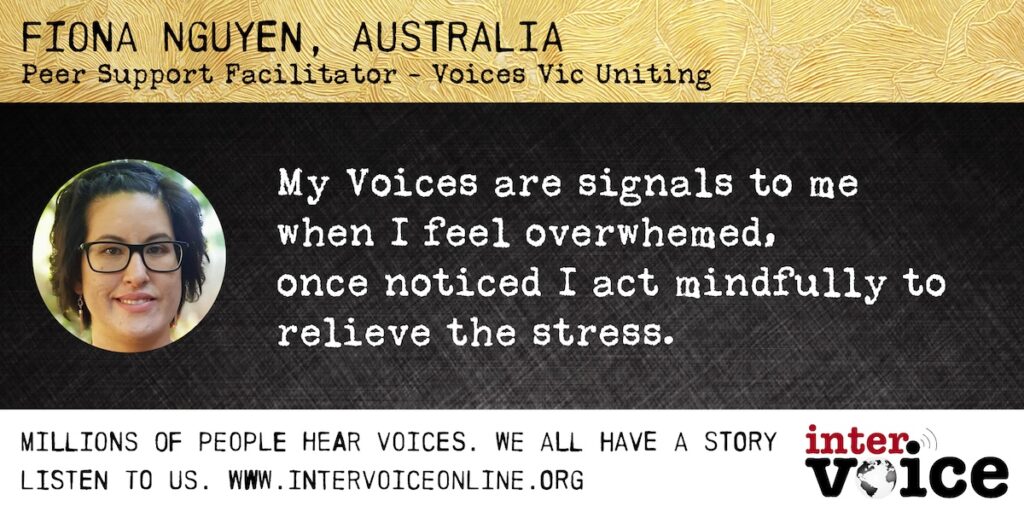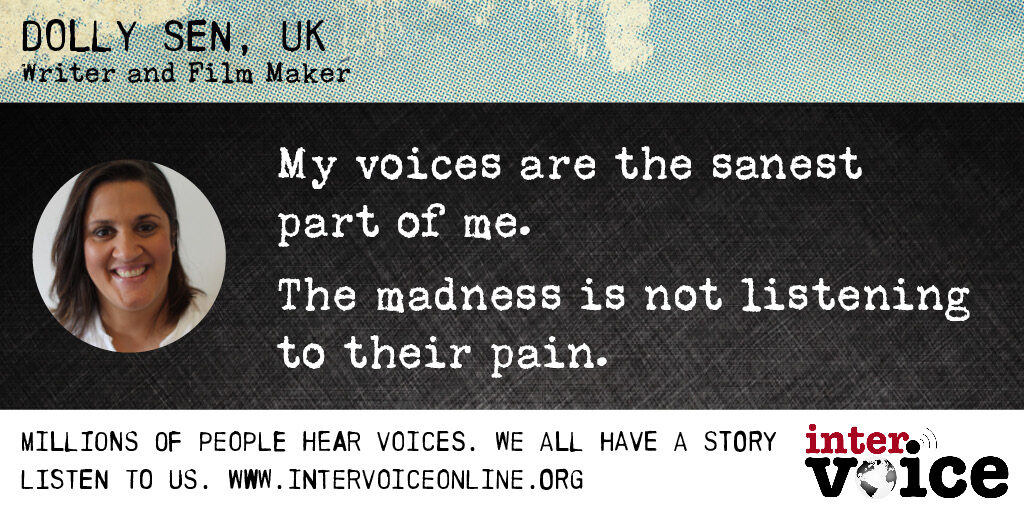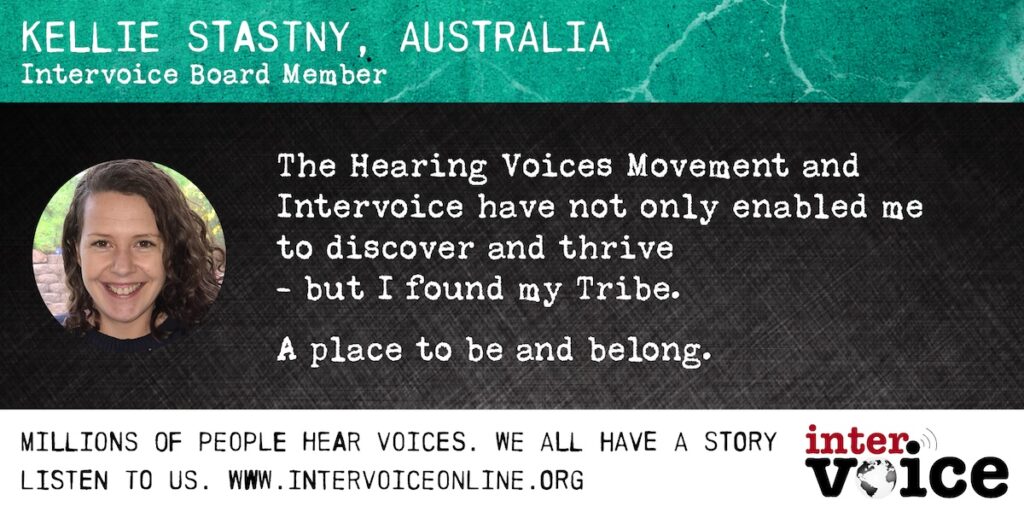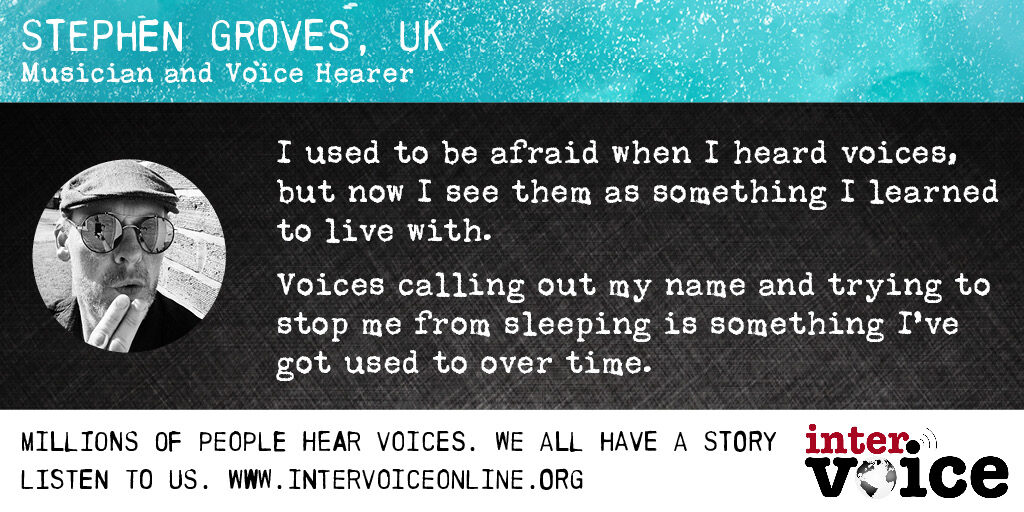By Robin Timmers
About This Report
On 2 and 3 September the 3rd world congress about hearing voices was held in Italy. After the 1st world congress in Maastricht in the Netherlands and the 2nd in Nottingham in the UK, this time people from all over the world gathered in Savona in the north east of Italy to learn more about hearing voices. People came from Argentina, Australia, Austria, Belgium, Denmark, Finland, France, Germany, Greece, Japan, Kenya, The Netherlands, Norway, The UK, Spain, Sweden, Swiss and the USA. Like every year there was an Intervoice meeting before the congress. This allowed the members of this worldwide hearing voice network to have the opportunity to meet and update each other about the developments in their country. The organizers had arranged for translators who translated from and to Italian, so everyone could understand what was being said.
The texts and slides of the presentations will be available soon via both the website of the congress (www.parlaconlevoci.it) and the Intervoice website (www.intervoiceonline.org).
I have tried to make a truthful report of the congress and take care of privacy sensitive information as good as possible. If there is something incorrect or lacking, I apologize. Please send your remarks to:[email protected]. Hope you enjoy this report, Robin
Download: 2011 Intervoice Meeting and Congress Report
Also see: Thursday 1st September Intervoice Meeting | Friday 2nd September Congress Report
3rd Hearing Voices World Congress – Saturday 3rd September
Due to personal circumstances I missed the first part of Saturday morning program, which included the opening addresses and the stories of recovery. So there is no report about that from me, sorry!
Opening Addresses
- Lorena Rambaudi (Liguria Region)
- Giuseppe Tibaldi (Italian Society of Psychiatric Epidemiology)
- Giovanni Durante (ARCI Savona)
- Roberto Romani (Foundation “Agostino De Mari”)
Stories of Recovery (plenary session)
- Elisabeth Svanholmer (Denmark)
- Catherine McGroggan (Ireland)
- Glenda Piona (Italy)
Epidemiological research on voices – Eleanor Longden (England)
Eleanor Longden is a psychologist and expert by experience. In her talk she scientifically shows that hearing voices is not a sign of mental illness. First she reminds us that Kraepelin did not think hearing voices is “a principle attribute” of dementia praecox (precursor of the term schizophrenia) and Eugen Bleuler, who coined the term schizophrenia, also thought that hearing voices was not a major psychotic symptom. Only with Kurt Schneider hearing voices became a “first rank symptom” of schizophrenia, although he agreed with Bleuler and Schneider that they were not “crucially important features”. Eleanor goes on to show that in many spiritual traditions hearing voices are accepted and appreciated. Then she gives examples of the many circumstances in which voices might be heard. She then presents an overview of 7 scientific studies that looked at the occurrence of voice hearing in the general population (0,6%-16%) and 6 studies that looked at student / adolescent populations (2%-41%). From these studies she concludes that it is fair to say that 13% of the general population hears voices. This while the percentage of people who have mental problems and hear voices is much lower [In the Netherlands the percentage of people with schizophrenia and voices is 0,4%, remark by the author of this report]. And to compare: the percentage of people who are left-handed, vegetarian, have a PhD or have red hair is all less then 13 %. In other words hearing voices is just as normal/common as these characteritics. Then she looks at the question whether certain types of voice hearing might be pathological and others not. Based on scientific research the answer is no. But what is the difference then between distressed and non-distressed voice hearers? The answer is the way they live with voices. Non-patient voice hearers engage more with their voices, they accept the more, they have meaningful explanations and more often they resolved and worked through the reasons of the voices presence.
Using medications wisely and coming off medication – John Watkins (Australia)
John Watkins is a mental health counselor and wrote some very informative books, such as “Hearing Voices: Common Human Experience” and “Healing Schizophrenia: Using Medication Wisely”. Today he talks about medication. First he explains that expectations can have a big influence on the effects of medication. For instance there is the positive placebo effect, in which a fake medicine can have a good effect. But there is also the nocebo effect, in which an effective medicine won’t work because of the negative expectations the person has of this medicine. John show a list of possible advantages and disadventages that antipsychotics can have. So it comes down to make a wise decision. John proposes a holistic approach that focuses also on coping strategies, lifestyle and nutritional factors. He proposes to minimize medication as wisely as possible. So starting medication free, looking for the minimal effective dose and regularly look whether it’s wise to reduce the dosage. For reducing or stopping medication he advises to follow a plan that includes: seeking and accepting appropriate guidance & support, good preparation (physical, mental, social, spiritual), contingency plans in case of difficulties and very gradual reduction of the medication dosages. Also it’s important to recognize personal “warning signals” and to be prepared to increase dosage if necessary. It is also a matter of accepting to have more personal responsibility. John advises to change only one drug at a time (inc. social drugs). The slides of John’s presentation will soon be posted on www.parlaconlevoci.it and www.intervoiceonline.org).
Emergency strategies to cope with the voices – Cristina Contini (Italy)
Cristina is an expert by experience and she helps people who hear voices. She describes the starting of hearing voices as an emergency; it indicates that something is emerging. This could be a useful signal. It might tell us something is broken, but it is also an opportunity to discover parts of oneself that one didn’t not know yet. Cristina thinks it is important to accept that it will never be like before. She sees the voices as a signal for help, for coping. Once one has recovered and survived this period, one can go beyond and start to help others. According to Cristina helping others is the meaning of life. She advises to help the people that ask for help and not to waste time with people who don’t ask for help. She advices to be silent or speak of love. You can find more info about Cristina www.cristinacontini.it.
Paths To Recovery (parallel workshops)
In the afternoon of the second day of the congress workshops were given. Slides & info about the workshops will be posted soon at the website of the congress (www.parlaconlevoci.it) and the Intervoice website (www.intervoiceonline.org). I attended the movie Crooked Beauty and the subsequent discussion. So I will only report about that.
Recovery process
- Karen Taylor (Scotland) – Recovery of professionals
- Ron Coleman (Scotland) – Recovery of voice hearers
- Italian family members (Italy) – Recovery of family members
- Irene van de Giessen & Suzanne Engelen (Holland) – Recovery factors from the voice hearer perspective
- Ros Bowyer (Australia) – Voices at work: a program to support voice hearers in getting a job
Hearing voices groups: between freedom and structure
- Rachel Waddingham (England) – Working creatively: developing hearing voices groups for young people
- Peter Bullimore (England) – Starting a paranoia self help group and understanding the experience
- HV groups from Milan, Imola and Reggio Emilia (Italy) – Start up of an HV group: within/outside/close to the mental health services
Live!!! (film & theatre)
- Ken Rosenthal (USA) – Crooked Beauty (www.crookedbeauty.com the recovery journey of Jacks McNamara)
- “A cielo aperto” Association (Italy) – Live theater with voices
Film & Discussion: Crooked Beauty: The recovery journey of Jacks McNamara by Ken Rosenthal (USA)
Crooked Beauty is an award winning poetic documentary that chronicles artist-activist Jacks McNamara’s transformative journey from childhood abuse to psych ward inpatient to pioneering mental health advocacy. The movie shows beautiful images, mostly in black and white, while Jacks narrates her story. This gives the viewer, the time and space to contemplate about what Jacks is saying. Jacks became a cofounder of the Icarus Project. The Icarus Project is a network of people living with and/or affected by experiences that are often diagnosed and labeled as psychiatric conditions. The people of the Icarus project believe that these experiences are mad gifts needing cultivation and care, rather than diseases or disorders. By joining together as individuals and as a community, the intertwined threads of madness, creativity, and collaboration can inspire hope and transformation in an oppressive and damaged world. Participation in The Icarus Project helps to overcome alienation and tap into the true potential that lies between brilliance and madness. More info about Crooked beauty can be found on: www.crookedbeauty.com and about The Icarus Project on: www.theicarusproject.net (here you also can find articles like: “Harm Reduction Guide To Coming off Psychiatric Medications” and “Friends Make The Best Medicine Support Manual Draft”).
Closing of the congress
The organizers of the 2010 congress in Birmingham have brought a Bulldog-teddybear with a UK-flag to give it to the organizers of this 2011 congress in Savona. In turn they will bring a coffee-percolator with an Italian flag next year to Ireland for the 2012 World Congres on Hearing Voices.. For 2013 Australia is on the agenda.
About the author of this report:
Robin Timmers is a bachelor psychologist and expert by experience from the Netherlands. He is coeditor of the Klankspiegel, the magazine of the Dutch Hearing Voices Network. Robin trains students and mental healthy care workers and is currently setting up a Support Centre Voice Hearing in his hometown, Nijmegen.


